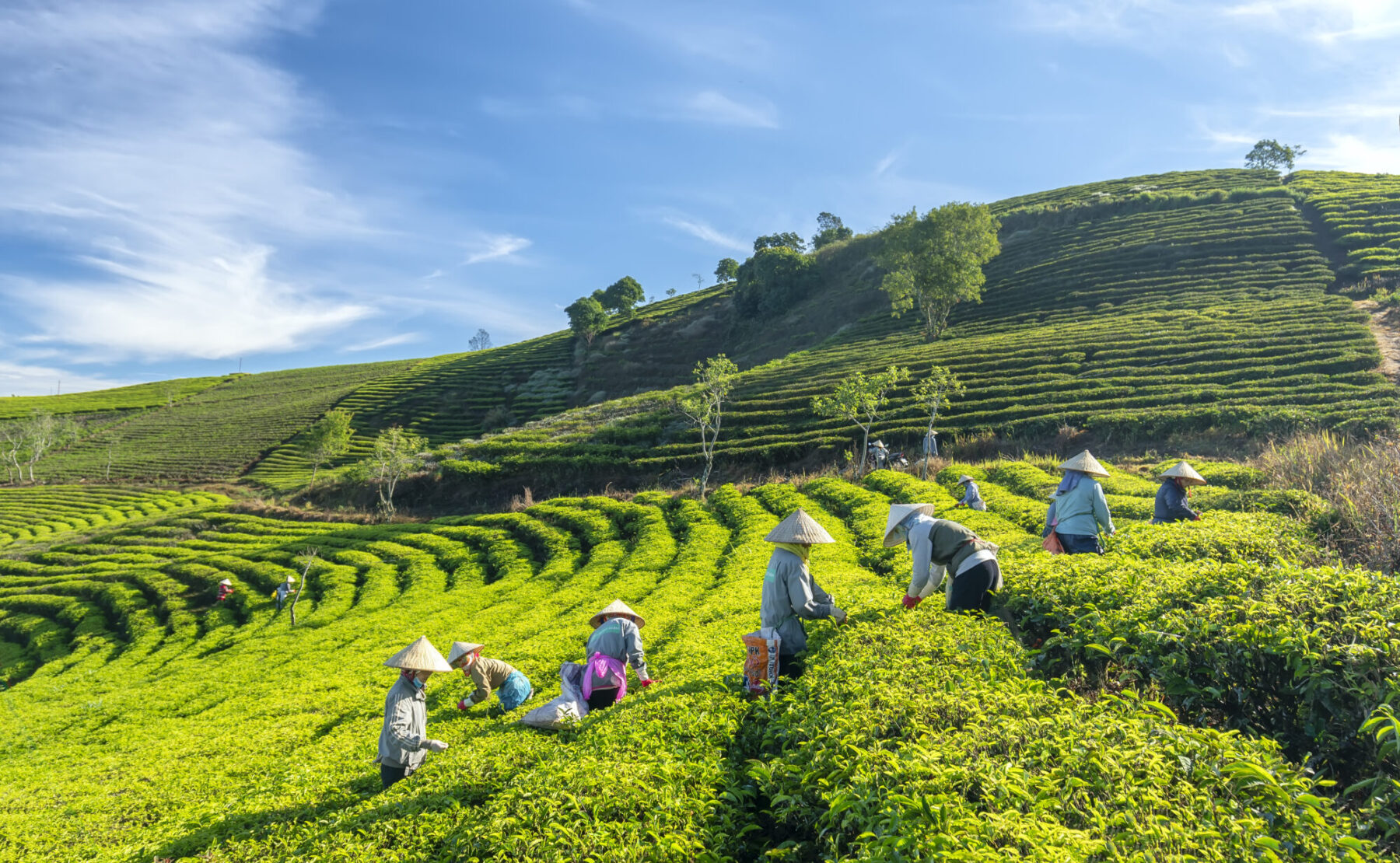Text by Satya S. Tripathi
The Vital use of herbs
Asian herbs have been a source of nutrition and vital medication for millennia. But the extinction of crucial herb species caused by human activity is rupturing this healing fabric of life.
Asia’s ancient civilisations have been using indigenous herbs for more than 5,000 years. In Asian culinary arts, herbs are used for their flavour and aromatics. For nutritional purposes, fresh herbs are preferred over dried herbs, with fresh herbs being more nutritious. Moreover, through the aeons, countless ailments have been soothed and alleviated with the use of Asian herbs. For instance, galangal can be eaten fresh and is a popular addition to many Chinese, Indonesian, Malaysian, and Thai dishes. The plant is also believed to lower the risk of certain diseases, treat infection, boost fertility, and reduce inflammation.
Herbs play a vital role in the natural world, contributing mostly to the lower layers of the forest and providing lots of food resources to insects and animals. Herb diversity is positively correlated with insect abundance – in particular, bees and beetles. In Sulawesi, Indonesia, the diversity of native bee communities depends heavily on a flourishing herb layer. Bigger animals, such as sika deer and Asian black bears, also consume herbs as part of their diets. Some animals even use herbs to self-medicate. It is believed that some lizards in Asia respond to a toxic snakebite by eating a certain herb to counter the venom.

A Changing Climate
Climate change is contributing to Asia’s herb loss, with droughts, wildfires, and flooding occurring more frequently.
Extreme weather events and other climate change effects impact the growth, flowering, and productivity of herbs. It is feared that more than half of the herb species in Indonesia will go extinct by 2050 due to sea-level rise and the increasing frequency of heatwaves.
The widespread loss of herbs will have disastrous consequences for our food systems, ecosystems, and health. If we do nothing, herbs will become a rare and expensive commodity, accelerating the existing underconsumption of nutritious food in Asia. The extinction of herb species will also trigger a domino effect in the natural world, affecting all species’ life cycles and diets.
Save Our Herbs!
Several initiatives across Asia have proven that supporting nutritious and local food systems is vital for a sustainable planet. Growing food locally and on-demand makes nutritious food, such as herbs, more accessible to the local population and changes the way we use our forests.
So-called nutri-gardens in India are a prime example of how we can bridge the gap between available food resources and its use in a sustainable manner. The concept of nutri-gardens was introduced to encourage tribal women in India to grow healthy food crops and herbs in their own backyards.
Compact nutri-gardens can be maintained at low cost and allow for a consistent and handy supply of nutritious herbs, fruits, and vegetables. This form of micro-gardening is an innovative solution to malnutrition and food insecurity, allowing for local and economical access to nutritious foods. At the same time, farmer communities can work in these gardens in exchange for income. This alternative source of income makes them less dependent on industrial agriculture for their livelihood.
Communities in Bangladesh have adopted similar practices of micro-gardening. People have been cultivating, managing, and conserving diverse herbs and plants around their houses for alternative forest products and services. Home gardening is a traditional agroforestry system – a land management system whereby trees and shrubs are intentionally integrated into farming systems. This helps to conserve and protect herb and plant species that otherwise would have been cleared for industrial farming practices.
In Indonesia and Malaysia, the practice of urban farming is gaining traction. A growing movement seeks to convert empty spaces in Malaysian and Indonesian cities into urban farms. Just like nutri gardens and home gardens, urban farming has numerous benefits. < Urban farming provides on-demand harvesting and guarantees fresh products. Individual households can implement these practices, making fresh herbs and other nutritious food more accessible to local and urban populations. This helps combat hunger and malnutrition, and improves community health. Urban farming also enables households to save money by consuming their homegrown produce. Excess produce can be sold, generating an alternative source
How can herbs save us?
Herbs play a crucial role in Asian food systems and biodiversity ecosystems. Micro-gardening provides a great alternative to packaged and processed food and makes nutritious herbs, vegetables, and fruits more accessible to the community. This can help combat Asia’s widespread problem of malnutrition and lack of accessible quality food.
Homegrown herbs can also help stave off the Asian herb species’ die-off. Growing produce locally reduces the pressure on natural ecosystems and provides alternative opportunities for economic development that do not depend on deforestation.
Food security and sustainable development can be mutually enforced rather than being competing agendas – it can save our herbs and advance human health.
Subscribe to Asian Geographic Magazine here or for more details, please visit https://www.shop.asiangeo.com/.